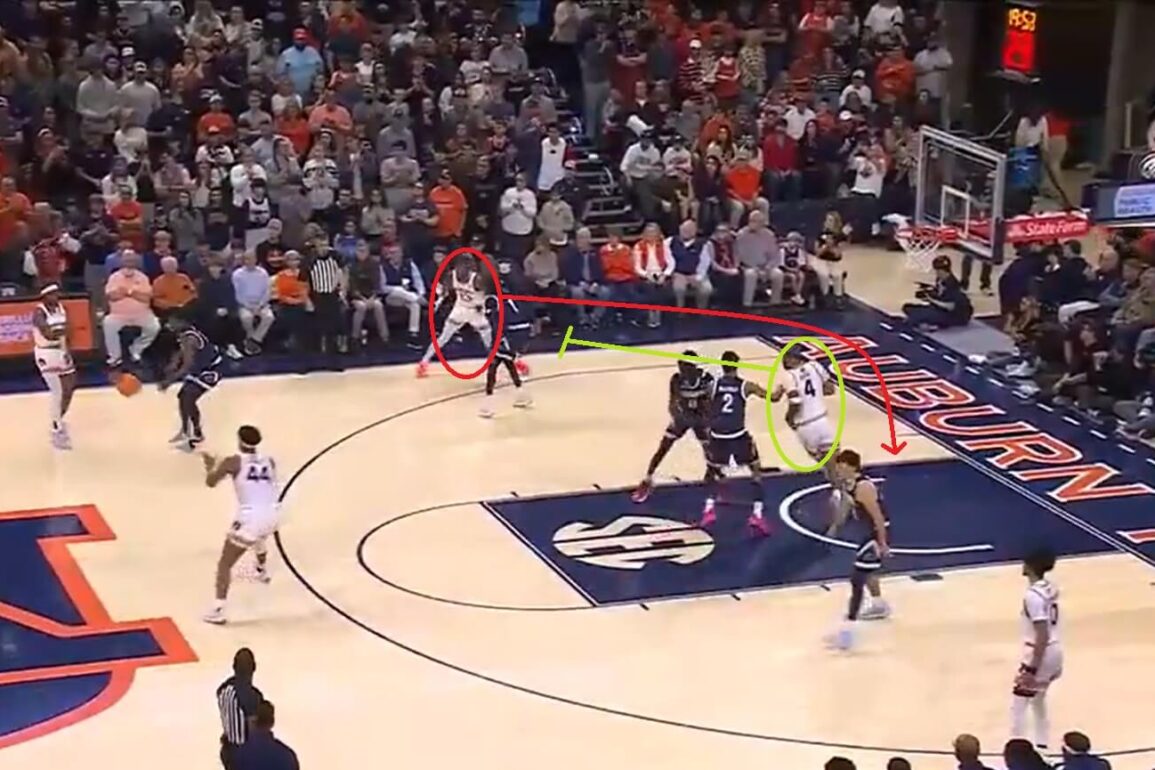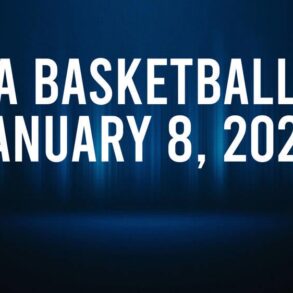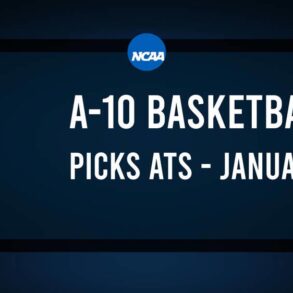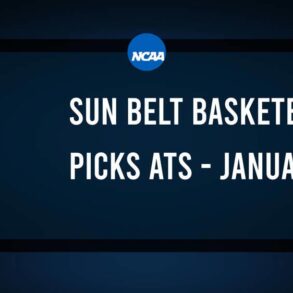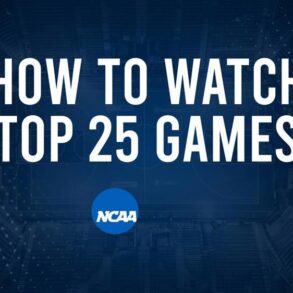Mike Burgomaster was minding his own business when he heard the question that accidentally upended his life:
I’m going to see about becoming a basketball manager. Want to come?
It was fall 2012, early in Burgomaster’s freshman year at Miami. Despite having played basketball most of his formative years, not to mention his 6-foot-6 frame, Burgomaster had a different plan in South Florida: to earn a finance degree and follow in his father’s accounting footsteps.
Advertisement
But then Burgomaster’s floormate swung by his dorm and asked him to tag along.
His friend only lasted a week with the basketball program — but Burgomaster found his calling. His experiences the next four years recalibrated his career considerations, ultimately leading him where he is today: to Auburn’s bench, as one of Bruce Pearl’s trusted assistant coaches. Burgomaster, 30, serves as the Tigers “offensive coordinator,” calling 90 percent of the plays for the nation’s top-ranked offense.
“It’s crazy to think,” Burgomaster said in an interview with The Athletic, “but everything happens for a reason.”
Ahead of its Tuesday matchup at Texas, No. 2 Auburn leads the country in adjusted offensive efficiency, per KenPom, a first in program history. Auburn’s 2019 Final Four team — which finished the season sixth in that same metric — had previously been the high-water mark of Pearl’s 11-year tenure on the Plains.
But Auburn isn’t just on the verge of school history; at its current pace, it’s threatening to make college hoops history. Auburn’s offensive rating of 130.5 — meaning the Tigers score 130.5 points per 100 possessions — is the best ever through KenPom’s 29 seasons of data. At least analytically speaking, these Tigers are up there with some of the best offenses of the past three decades: 1998 North Carolina, with Hall of Famers Vince Carter and Antawn Jamison; 1999 Duke, arguably the best team to never win a title; 2015 Wisconsin, which ended Kentucky’s undefeated season behind Wooden Award winner Frank Kaminsky; and UConn last season, the basketball equivalent of a buzz saw.
Burgomaster isn’t the sole reason Auburn is in that lofty position, but he has been integral to maximizing and updating Pearl’s longtime offense. Since Burgomaster was promoted to his current position in summer 2023, he’s helped turn center Johni Broome first into an All-American, and now into the Wooden Award front-runner. Tennessee might be the No. 1 team in the AP poll, and the last undefeated squad in Division I, but Auburn’s nation-leading four wins over teams ranked in the top 20 are proof these Tigers have a chance to win it all come March.
“I’m not letting him go,” Pearl said of Burgomaster. “He’s going to continue to have a dominant role on my staff.”
In Daniel Coyle’s “The Talent Code” — one of former Miami coach Jim Larrañaga’s favorite books — the author details the three things necessary for anyone to develop their talent, regardless of the field. The first step? Ignition.
“Something that motivates you to want to succeed,” Larrañaga said. “Mike’s time at Miami was his ignition.”
Advertisement
As a Massachusetts native, Burgomaster grew up a Boston Celtics fan and always loved the game but didn’t fully understand how he could parlay that into a profession. But his junior year, when Miami made the NIT title game, Burgomaster skipped a finance exam to attend.
“I wasn’t excused,” Burgomaster said. “I just wanted to travel to go be a part of that — and at that point, I was like, this is awesome. This is what I want to do.”
As a manager, what he didn’t know at the time was he was actually ticking off the second and third boxes on Coyle’s talent development checklist: access to master coaching and deep practice. Burgomaster combed game tape, cut clips and developed strategies for various opponents alongside UM’s assistant coaches, who would compile that information into scouting reports for the team. At Auburn, Burgomaster does mostly the same thing — only now he’s the one presenting to players.
“You must spend countless hours not just practicing, but practicing correctly,” Larrañaga said, “and I think that’s what Mike did.”
Near the end of Burgomaster’s senior year, he approached Larrañaga with his desire to get into coaching. One problem: Miami didn’t have any vacancies. “I was the kid at graduation where all my friends’ parents are like, ‘So what are you going to do?’” Burgomaster remembers. “I was like, I’m going to be a basketball coach — I just don’t know where.”
His lifeline came in the form of then-Miami assistant Adam Fisher, now the head coach at Temple, who knew one of Pearl’s then-assistants. A month after Burgomaster graduated, he and Pearl first connected and wound up talking for over an hour. A week later, Pearl hired Burgomaster as a graduate assistant, a job that typically goes to former players or a friend of a friend.
“Burgo had none of that, really,” Pearl said. “But when I met Mike, I liked him, and I thought his basketball IQ was higher for somebody his age. I don’t know. I saw something in him that made me say, this guy’s going to make us better.”
Advertisement
Burgomaster got the chance to prove that his second year on the Plains — or rather, he had to. Then-Auburn assistant Chuck Person was implicated in the FBI’s investigation into corruption in college basketball in September 2017, and the school fired him two months later. “Everyone in the program at the time just had to do more,” Burgomaster said — including him, the lowest man on the Tigers’ ladder. So, baptism by fire. His first real responsibility that preseason was running point on the scouting report for Division II Barry, Auburn’s preseason exhibition opponent — which wound up beating Auburn 100-95 in overtime.
“One of the things I always say about coach Pearl is, he has let me fail,” Burgomaster joked. “I still hear about it all the time.”
Burgomaster’s second shot at a true scout? Temple … which Auburn also lost to, the Tigers’ lone blemish amid their 16-1 start. As the season went on, though, Burgomaster — and Auburn — kept figuring things out. Even down two of their better players (who were also deemed ineligible that season in the wake of the FBI investigation), the Tigers went on to win the SEC regular season and make the NCAA Tournament for the first time in 15 years.
For his efforts, Burgomaster was promoted after the season to assistant director of operations, his first full-time college basketball job.
He was still only 24.
Burgomaster is midway through his ninth season at Auburn, and people around the program attest to his offensive know-how long before he was officially the Tigers’ play caller. It has become increasingly common in recent seasons for teams to have offensive and defensive coordinators. Certain programs also have set play specialists, who oversee a team’s out-of-bounds plays, among other things.
“I could tell immediately,” fifth-year player Chris Moore said, “that he was the brains of the operation.”
Pearl’s offense has long been oriented around flex concepts: Basically, when a defender sets what looks like a cross screen just outside of the paint, allowing his teammate to cut untouched parallel to the baseline.
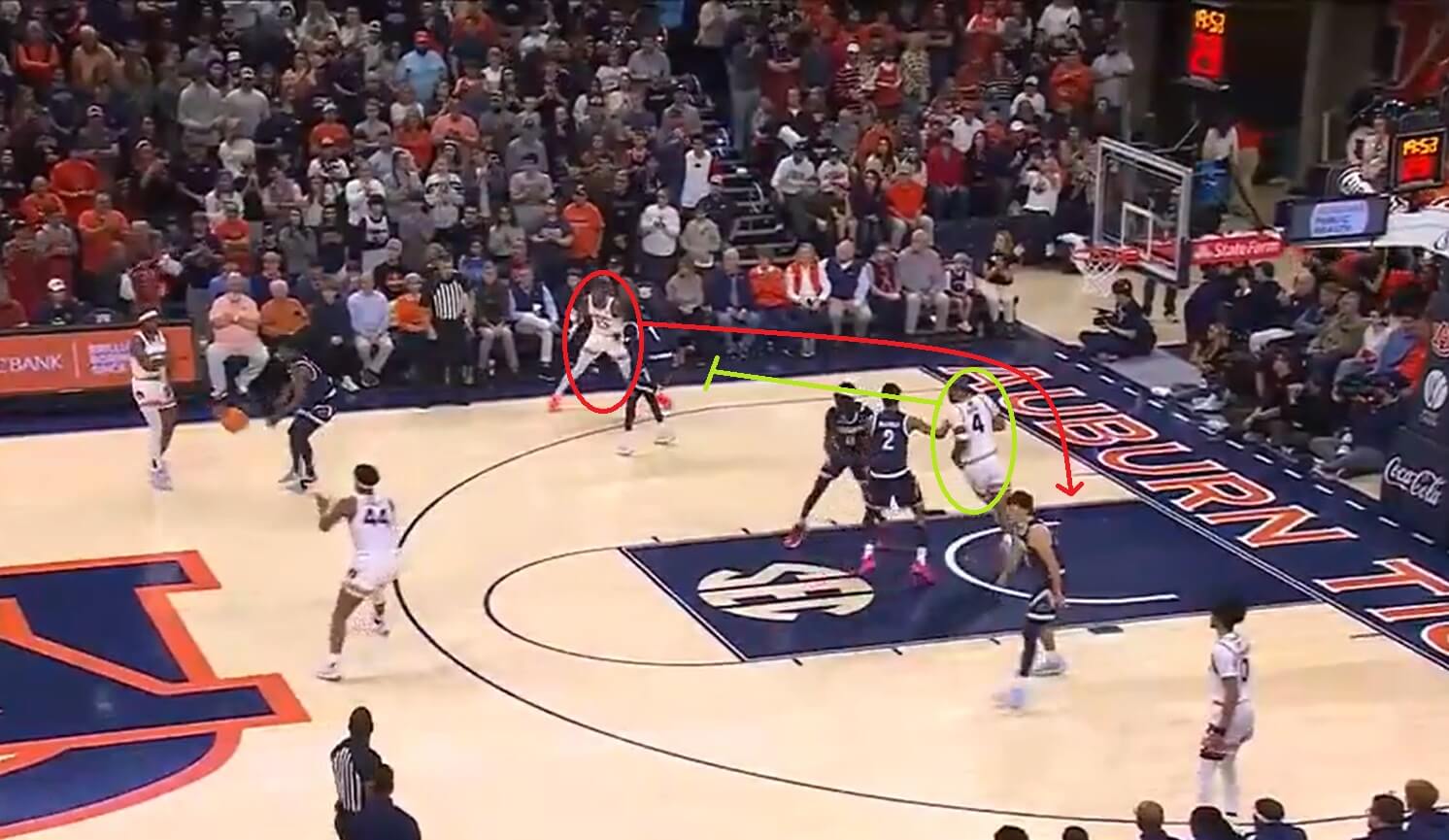
(Screenshot via Synergy)
“It’s a hard action to guard,” Burgomaster said, “and there’s a reason why people have been running it for years.”
Flex cuts are so difficult to defend for a few reasons. First, they sow miscommunication and confusion defensively; teams have to know their game plan on every single possession, especially if they’re switching the cutters (as Duke did successfully in Auburn’s lone loss this season) or not. But flex also creates mismatches and openings near the rim, which is its primary design. Against Memphis in the Maui Invitational championship game, watch how Auburn gets Broome an easy paint touch off a flex cut:
One way Burgomaster has enhanced Auburn’s offense is by tweaking the Tigers’ entries into their flex actions. “When we first got here, if you just pressured our top two guys in that flex action, it kind of took everything away,” Burgomaster said. “So now we have some ability to relieve some of that pressure, to help make those guys’ lives easier.”
Advertisement
For example, Auburn regularly initiates its flex offense with a high ball screen. When the handler in those situations passes to the screener, that’s the cue for the rest of the offense to make their flex cuts. Watch how Miles Kelly (No. 13) begins his flex cut at the same time Denver Jones (No. 2) passes to Dylan Cardwell (No. 44) in the high ball screen:
Actions like this have been a staple of Pearl’s offense for years. But in summer 2023, when Pearl promoted Burgomaster, he introduced something Auburn hadn’t used often, if ever, during Pearl’s tenure: five-out offense. (Simply put, that’s when the center operates from the perimeter instead of the paint, meaning all five offensive players are outside the 3-point line.) Burgomaster is a fan of European basketball, and between the Euro teams he watches, his hometown Celtics and other elite college offenses, he figured five-out looks — especially given the Tigers’ personnel — would supplement Pearl’s primary offense nicely.
“If somebody is doing a really good job guarding all the really good stuff Coach has been running for years,” Burgomaster said, “let’s have a couple other things we can go to, to get an easy shot, or at least something we know we’re going to like.”
One such action, which Auburn wasted no time introducing last season, was “zoom,” a concept UConn used heavily en route to consecutive national championships. Zoom is predicated on two primary actions: an off-ball pindown screen, followed by a dribble handoff to the player coming off the pindown. Zoom is designed to get a perimeter player moving downhill toward the basket while staggered screens behind him simultaneously stress a defense.
Auburn lost its season opener to Baylor last season, but its zoom actions were so effective they quickly became offensive mainstays. Here, as soon as Broome receives the pass at the top of the key, Chaney Johnson (No. 31) sets the pindown for Jones, who takes the handoff from Broome and gets all the way to the rim:
In Broome, Auburn has one of the most skilled bigs in the country. Per KenPom, Broome has the lowest turnover percentage of his career this season, in large part because Burgomaster has helped position him in more advantageous situations.
“I’ll talk to him to see where my looks will be at, based on how the defense is going to play us this week, and then go into a workout and get the ball in those situations,” Broome said. “He’s an offensive guru.”
Advertisement
For example, if Auburn plays a team that ices ball screens — meaning it funnels ballhandlers in ball-screen scenarios toward the sideline, using the boundary as an extra defender — then Burgomaster tells Broome to expect a lot of passes off the short roll, to counteract that defense.
It’s akin to a professor giving students tips before an exam … but also letting them see the questions before they’re officially on the clock.
Auburn’s five-out offense also takes advantage of Broome’s passing, which has blossomed this season. He’s posting the best assist rate of his career, per KenPom, with at least three assists in eight of the Tigers’ 14 games. (He only had 17 such games in his previous two seasons.) Between Broome’s passing and Burgomaster using him as a playmaking hub on the perimeter — not to mention the big man’s typical low-post effectiveness — Auburn has an offense that can beat defenses any which way. The Tigers have only been held under 80 points three times this season, and two of those instances came against KenPom’s second- and third-best defenses (Houston and Duke).
Asked how Burgomaster has maximized his offense, Pearl thinks back to something Chicago Bulls coach Billy Donovan told him years ago, when Pearl was at Tennessee and Donovan was at Florida.
“Almost everybody can coach defense, because you get them to play hard and physically,” Pearl remembers. “But the great ones are the ones that can run stuff that’s hard to guard — and not all really good coaches are great offensive coaches. So Mike’s ability is a separator.”
Tune into any Auburn game this season, and behind Pearl, you’ll see Burgomaster’s towering frame crammed into his tiny seat on the bench. Typically, he has his head down, staring at the Tigers’ play sheet, debating what to call next.
That focus, especially in the middle of live action, is why Pearl estimates he calls nine out of every 10 plays Burgomaster suggests.
Advertisement
“I can shake off a play call because pretty quickly, I can recognize whether it’s going to work, based on our personnel or their personnel,” Pearl said, “but I’m not as good at thinking about the sequencing while I’m coaching live. That’s why having an offensive coordinator really helps.”
With Auburn emerging as a legitimate national title contender so far this season, all eyes will be on the Tigers’ top-ranked offense for the next three months. Burgomaster isn’t looking that far ahead — but he can’t help but think back.
“I even joke with some of my friends, I don’t know how I got here,” Burgomaster said. “This year has been an awesome start — obviously, we have a long way to go — but for me, being a KenPom nerd … when we got ranked as the No. 1 offense, that was really, really cool.”
(Photo of Mike Burgomaster and Bruce Pearl: Jake Crandall / USA Today)
This post was originally published on this site be sure to check out more of their content.





